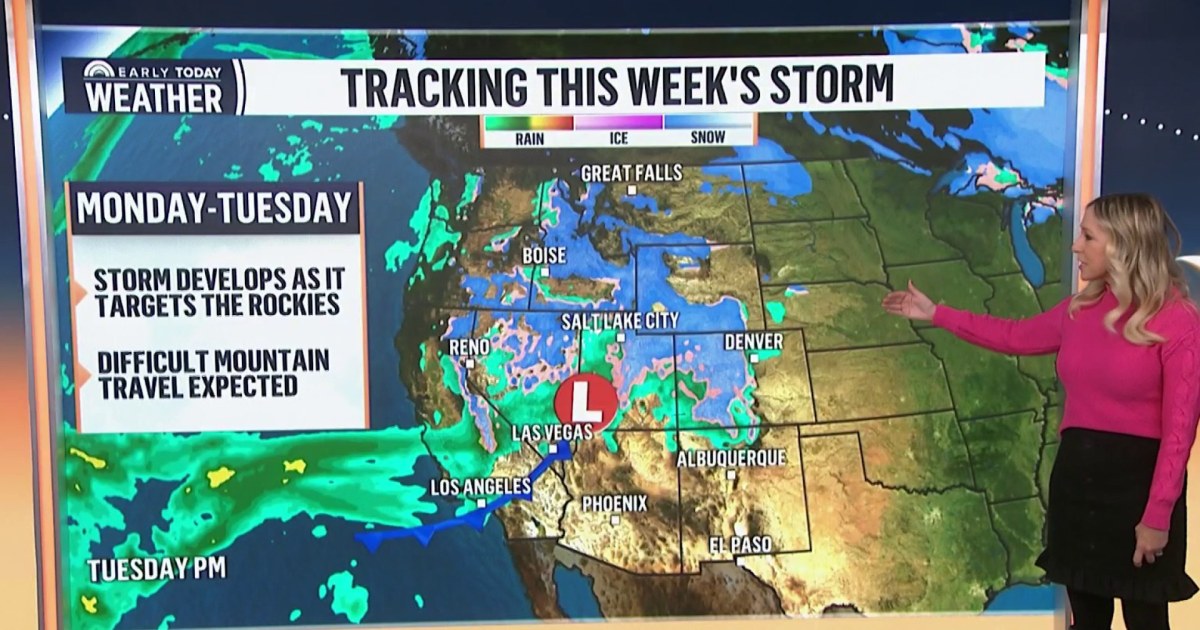Sports
Fan claiming ownership of Shohei Ohtani’s 50-50 home run ball files lawsuit to stop auction
A civil lawsuit has been filed in Florida that claims 18-year-old Max Matus is the rightful owner of the Shohei Ohtani 50-50 home run ball that is set to be auctioned off beginning Friday.
After Goldin auction house announced the ball will be available with an opening bid of $500,000, attorneys for Matus filed the lawsuit against the New Jersey-based auction house and Chris Belanski, the man who came away with the ball, and his friend, Kelvin Ramirez.
The lawsuit claims Matus was able to “firmly grab the ball in his left hand, successfully obtaining possession of the 50-50 ball” during the Sept. 19 game at loanDepot Park in Miami, but Belanski put his “arm in between his legs and wrangled the 50/50 Ball out of Max’s left hand,” adding that it was “forcefully taken away from [Matus].”
Matus, who was attending the game on his 18th birthday, is hoping to stop the sale of the historic piece of baseball memorabilia. The suit is also asking the court that the ball be held in a mutually agreed secure location as they wait on the outcome of the case.
Despite the lawsuit, Goldin says they will proceed with the auction.
“We are aware of the case that has been filed,” read a statement from Goldin to ESPN. “Having reviewed the allegations and images included in the lawsuit, and publicly available video from the game, Goldin plans to go live with the auction of the Ohtani 50/50 ball.”
Goldin CEO Ken Goldin told ESPN that Belanski contacted Goldin the day after Ohtani’s record night to set up the deal. According to Fox Sports 640’s Andy Slater, the Dodgers offered Belanski $300,000 but were turned down.
Once the auction goes live, potential buyers will have the opportunity to purchase the ball for $4.5 million through Oct. 9, one week before the auction is scheduled to end.
Should bidding reach $3 million before Oct. 9, the $4.5 million buy-it-now option will disappear.




/cdn.vox-cdn.com/uploads/chorus_asset/file/25080265/111323_PlayStation_Portal_ADiBenedetto_0004.jpg)





